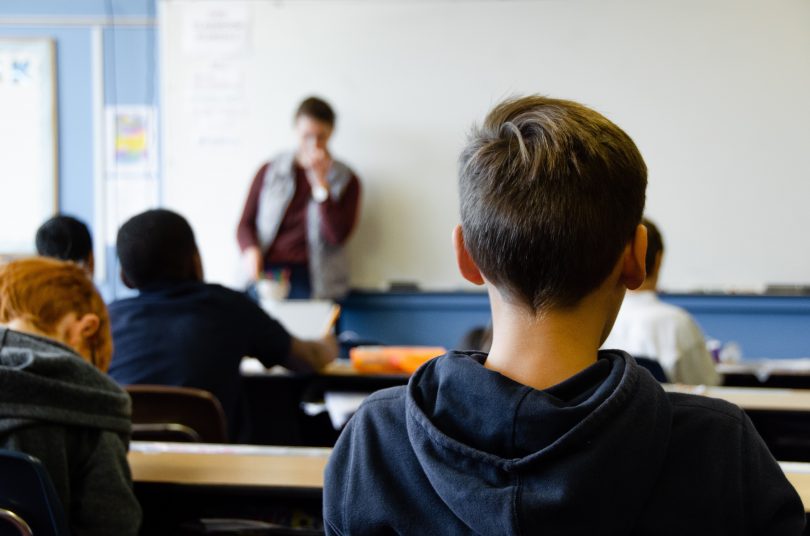With school closing tomorrow, here’s how kids can maintain good mental health through this unprecedented period.
Prime Minister Boris Johnson announced yesterday that the majority of schools across the UK are due to close their gates indefinitely from Friday, amidst the growing concerns surrounding the outbreak of the novel coronavirus.
He also announced that, in England and Wales, all exams in May and June have been cancelled, including GCSEs and A-levels as well as England’s primary school national curriculum tests.
The mass closure of schools and mass cancellation of exams leaves thousands of young people across the UK in limbo, with no concrete knowledge of when they will be able to return to school and no information on how they will be able to receive the qualifications vital for university and college places, or even further employment.
This news comes amidst rising rates of depression and severe anxiety amongst children and young adults across the UK.
According to the Mental Health Foundation, more than one in 10 children aged 10-15 say they have no one to talk to about their mental health concerns, while the number of children and young people saying they have a mental health condition has grown six fold in England over two decades according to studies by UCL and the University of Exeter.
With this in mind, mental health treatment specialists Smart TMS provide the following tips for teenagers and young people to maintain their mental wellbeing during this period of uncertainty.
Speak to someone you trust
Keeping your concerns and worries bottled up inside or trying to ignore your feelings could actually cause more harm than good. Speaking to someone you trust, such as a family member, teacher or trusted friend can give you an outlet to share your anxieties and concerns, and receive support from a friendly face. If you are practicing self-isolation, reach out to your trusted contacts through social media or the phone.
Support others who are struggling if you can
If you know that someone close to you is also finding things difficult, especially your fellow students, reach out to them and see if you can support each other. Maintaining close communication gives both of you a way to share your concerns and face them together, and helping someone else can make you feel better too.
Ask for help
Asking for help in difficult times is not a sign of weakness, it is a sign of strength. If you find that you are feeling sad and low on a regular basis, or are experiencing high levels of anxiety, help is available to provide you with the support you need.
You can speak to a member of school staff or ask a parent/carer to book a GP appointment for you, or if you don’t feel comfortable speaking to somebody directly, you can call the Samaritans on 116 123 or Childline on 0800 1111.









Leave a Comment
You must be logged in to post a comment.